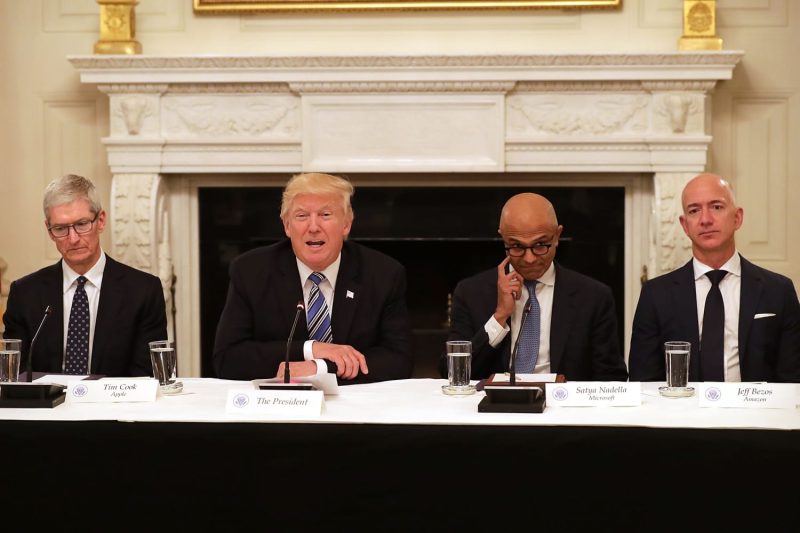
Wall Street Anticipates Trump Presidency to Ignite Deal-Making Frenzy
The Impact of the Trump Presidency on Deal Making According to Wall Street
The Trump presidency has been a subject of great interest and speculation on Wall Street, particularly in relation to its potential impact on deal making. There are several key factors that Wall Street analysts and experts believe will influence deal making during the Trump administration.
One of the primary expectations is that the Trump administration’s pro-business stance and emphasis on deregulation will create a more favorable environment for deal making. With a focus on reducing regulatory burdens and creating a more business-friendly climate, many anticipate that companies will be more inclined to pursue mergers, acquisitions, and other strategic deals.
In addition, the Trump administration’s tax reforms, including the reduction in the corporate tax rate, have been cited as a significant impetus for deal making. Lower taxes could provide companies with more cash on hand to fund deals and make investments, potentially leading to an increase in deal activity across various sectors.
Furthermore, the administration’s emphasis on infrastructure spending and economic stimulus measures is seen as a positive development for deal making. Increased infrastructure projects and government spending could create new opportunities for businesses to collaborate and pursue deals in construction, engineering, and related sectors.
On the flip side, concerns have also been raised about the potential risks and uncertainties associated with the Trump presidency, such as trade tensions, geopolitical instability, and policy unpredictability. These factors could dampen investor confidence and lead to a more cautious approach to deal making, particularly in cross-border transactions and industries directly impacted by policy changes.
Overall, while the Trump presidency is expected to unlock new opportunities and drive deal making in certain sectors, it is essential for businesses and investors to closely monitor developments, assess risks, and adapt their strategies accordingly in order to navigate the evolving deal-making landscape under the new administration.
